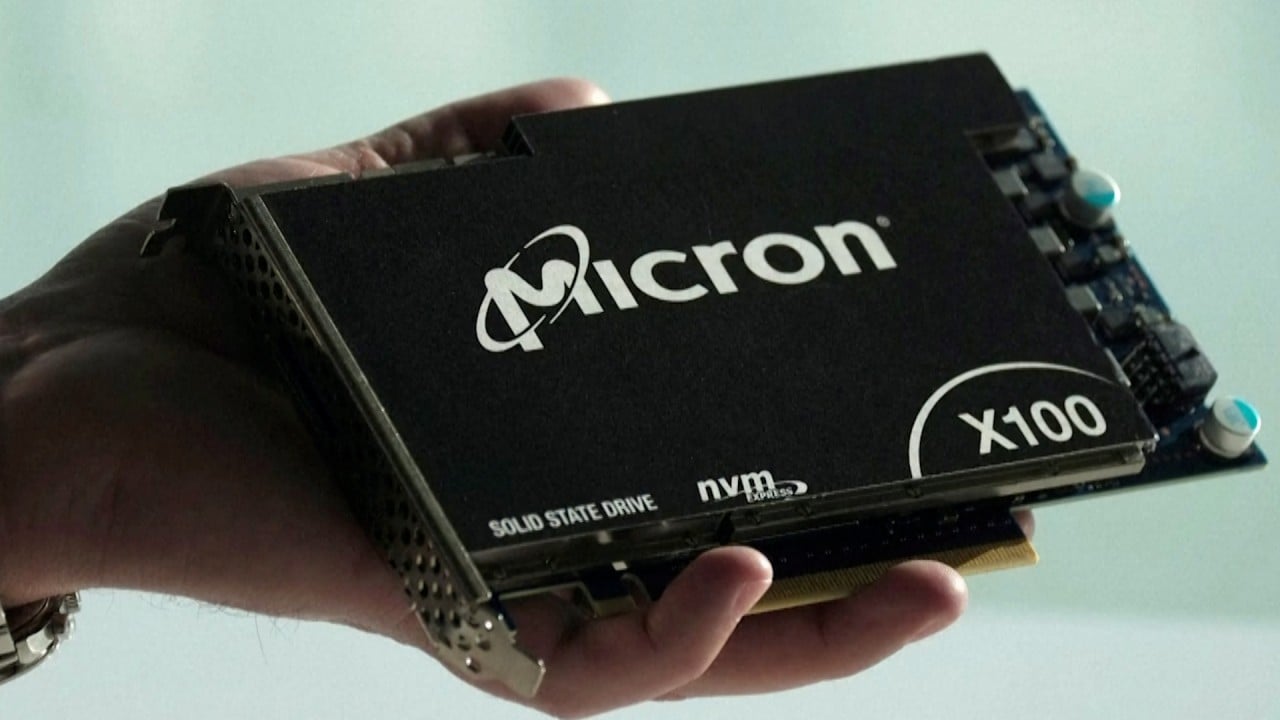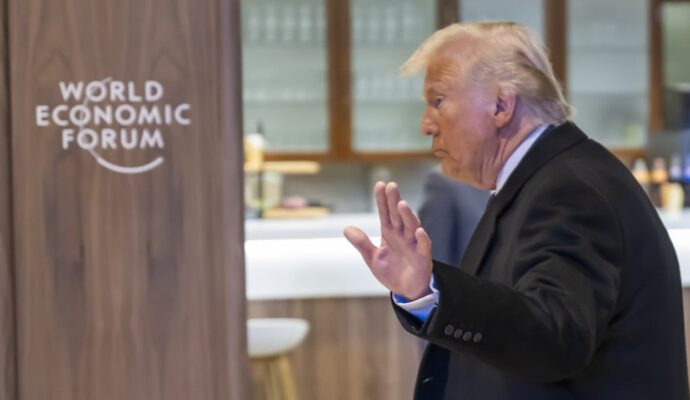“In order to maintain its global hegemony, the US has been, in recent years, constantly generalising the concept of national security, abusing export control measures, even at the expense of allies’ interests, coercion and co-optation of other countries to implement semiconductor suppression against China,” the statement said.
By pushing forward its campaign to stop China’s access to cutting-edge microchip technology, the US was also trying to “artificially promote industry decoupling and disrupt the supply chain”, which the ministry said seriously damaged the global semiconductor industry.
The Netherlands on Friday said it would impose new export controls that bar high-end chip-making machines from being sold abroad without a permit – a move widely seen as an alignment with the US and Japan.
The measures, which will come into effect on September 1, do not specifically mention China. But under the new rules, Dutch firm ASML – the only company in the world that makes highly sophisticated chip-making machines – will have to apply for a licence to ship its advanced deep ultraviolet lithography, or DUV, systems to China.
In March, Chinese ambassador to the Netherlands Tan Jian told Dutch newspaper Het Financieele Dagblad there would be consequences if the government blocked the export of high-end semiconductor equipment to China.
Hours after the announcement was made, the Chinese embassy in Amsterdam issued a statement calling on the Netherlands to “immediately correct its wrongdoings”, which it said would harm the interests of Chinese and Dutch companies.
“China will resolutely safeguard its legitimate rights and interests,” it said. “At the same time, we are also willing to work together with the Dutch side to explore solutions and jointly promote the healthy development of China-Dutch economic and trade relations on the principle of mutual benefit.”


